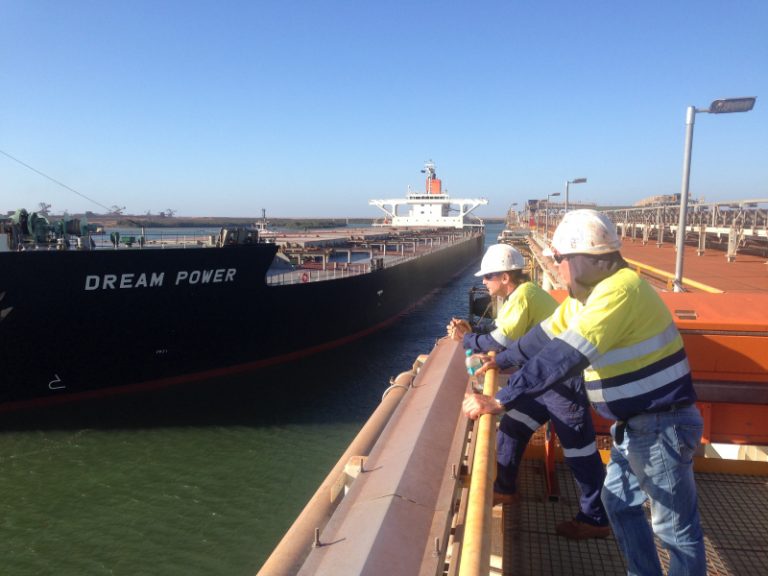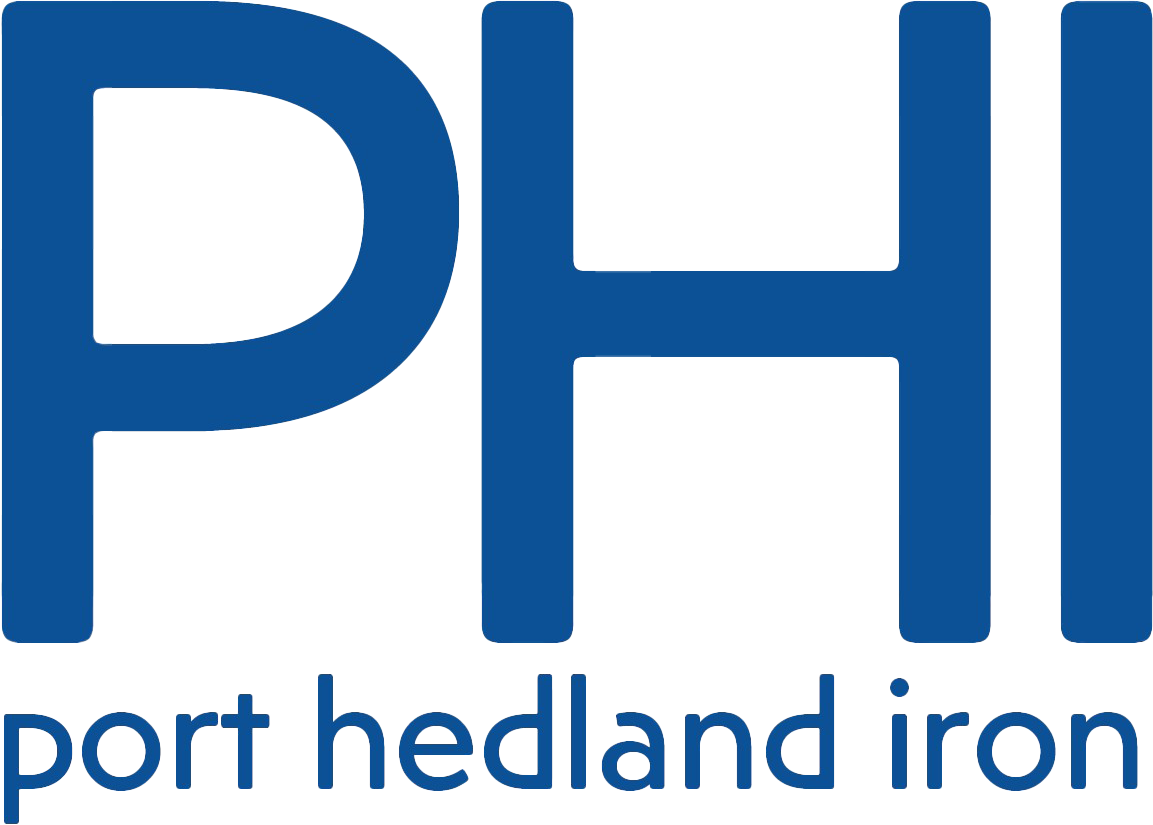PHIC brings substantial expertise to environmental issues, including marine protection.
PHIC and its members participate in a range of environmental programs and partner with the regulator and other State Government departments to continuously improve environmental outcomes in Port Hedland.
Marine - State-Wide Array Surveillance Program (SWASP).
PHIC has partnered with Pilbara Ports, a PHIC member, and the Department of Primary Industries and Regional Development (DPIRD) to implement an award-winning early warning system against introduced marine pests, the State-Wide Array Surveillance Program (SWASP).
The SWASP is a collaborative project between DPIRD and WA’s five regional port authorities which aims to identify introduced marine pests (IMP) before they can become established in Western Australia.
SWASP aims to identify the presence of introduced marine pests in port waters as early as possible. Early detection and management are important as eradication of established introduced marine pests can be costly and challenging.
Industry is contributing to the implementation of the SWASP at the Port of Port Hedland with port operators providing personnel to work with DPIRD to undertake the monitoring, and funding provided through Port Hedland Industries Council (PHIC).
Monitoring is undertaken using a series of underwater settlement arrays which are deployed twice a year, a summer soak period (February to April) and a winter soak period (August to October).
Marine growth on the arrays is collected after each soak period and sent for analysis. The results are compared against a library of DNA of known marine pest species developed by Aquatic Pest Biosecurity Unit (DPIRD) as well as publicly available databases.
Shoreline surveys are also undertaken at various locations in and around the port on an annual basis in conjunction with the array retrieval for the winter soak period.
SWASP is a world-first in the use of molecular techniques by a collaborative marine biosecurity surveillance network.
Port - Landside Vertebrate Pest Management Program (VPMP)
PHIC members, Town of Port Hedland, Care For Hedland and Dampier Salt now working together on the biannual program.
Prior to the implementation of a coordinated Vertebrate Pest Management Program (VPMP) in the Town of Port Hedland elevated levels of predation of turtle nests by foxes occurred with reports of up to 88% of nests destroyed at some beaches within a nesting season.
Implementation of the VPMP also reduces pressure on populations of other native fauna such as Quolls, birds and lizards.
The VPMP has historically included two components:
- The beach control program – which consisted of targeted fox control programs times to reduce fox populations at turtle nesting beaches during periods where turtles are laying eggs and hatchlings are emerging; and
- The hinterland control program – which includes control of vertebrate pests (foxes and cats) on both the beaches and surrounding land in the broader Port Hedland region. This program is timed to target vertebrate pests when they are breeding to reduce their populations, reduce predation pressure on native wildlife and to reduce predator numbers in the regions surrounding turtle nesting beaches to stop foxes moving into these areas during turtle nesting season.
Undertaking a coordinated approach to vertebrate pest management will control pest populations more broadly in the region and reduce reintroduction of foxes from nearby populations.
Implementation of the VPMP enables all industry partners and local government to continue to protect native animal populations (i.e. Turtles and Quolls), thereby decreasing the impact of invasive pests on our local environment and industry managed land and increasing nesting success of turtles.
Since there has been a coordinated approach there have been no fox disturbances at Pretty Pool Beach.
Reducing Carbon Emissions
PHIC members are committed to working towards net zero carbon emissions at the Port of Port Hedland.
Reducing greenhouse gas emissions is a key component of members’ climate change strategies.
This includes reducing operational emissions and working with supply change businesses to reduce their emissions.
PHIC members are investing in low emission technologies, renewable energy, green hydrogen, and battery storage, development of ‘green steel,’ supporting emissions reduction across the value chain and partnering with others to enhance outcomes.
Pilbara Ports is a platinum partner of Carbon Neutral – a market leader with a global reputation, and one of the longest standing carbon offset providers in Australia.









